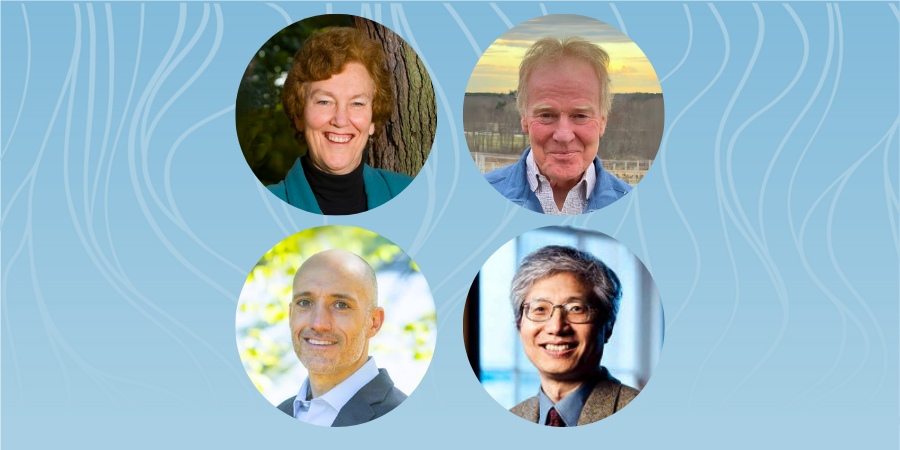
Co-sponsored by the Pathways to Planetary Health initiative at the Garrison Institute and the Yale Forum on Religion and Ecology
Spiritual Cultivation: Inner Practices for Outer Change
In this session, we will explore cultivation traditions in China and what they can teach us about resilience and mind-body / inner-outer integration. These practices contribute to the historical, cultural, and spiritual roots of Ecological Civilization and provide a foundation for what it looks like today. We will also discuss institutions as a bridge from personal cultivation to societal impact – with connections to what’s happening in schools, how businesses work, and the role of governments at different scales.
Key questions:
- What are the limitations of technological solutions alone in addressing complex ecological crises?
- How can science and contemplative traditions be integrated to foster a more holistic understanding of planetary health?
- How are the cultural and spiritual dimensions of Ecological Civilization unfolding today? What motivates and supports the revival of historical traditions? Where are the applications of these traditions coherent, and where are they messy and complex?
- What does it mean to view humans as part of an interconnected, living Earth community rather than separate from nature?
- What lessons can other nations learn from China’s efforts to embed cultural values in environmental governance?
TIMING
We will conduct this live Forum on Zoom 7:00 p.m. to 8:15 p.m. ET on Monday October 6, 2025. After registering, you will receive a Zoom link to join the session.
SPEAKERS
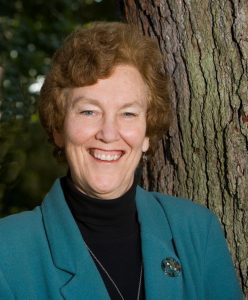
Mary Evelyn Tucker, PhD, co-directs the Yale Forum on Religion and Ecology, which examines cultural and religious values for broadened environmental ethics. This arose from a series of 10 conferences at Harvard on world religions and ecology that she organized with John Grim. She has published several books on Confucianism including The Philosophy of Qi. She co-edited Confucianism and Ecology (Harvard) and two volumes with Tu Weiming on Confucian Spirituality. She is the co-author of Journey of the Universe with Brian Thomas Swimme and the executive producer of the Emmy Award winning Journey film. This was inspired by Thomas Berry whose books she edited and whose biography she wrote with John Grim. They have been traveling in China since 1985 studying Ecological Civilization.
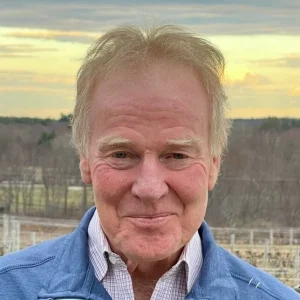
Peter Senge, PhD, is Co-Founder of the Center for Systems Awareness and Senior Lecturer in Leadership & Sustainability at MIT. Peter has been at the forefront of organizational learning since publishing his classic text, The Fifth Discipline, which provided theories and methods to foster aspiration, develop reflective conversation, and understand complexity in service of shaping learning-oriented organization cultures. Throughout his career, Peter asks “how do we create the conditions for people to work together at their best, cultivating the innate systems intelligence that is our birthright but is all but lost in modern culture?”
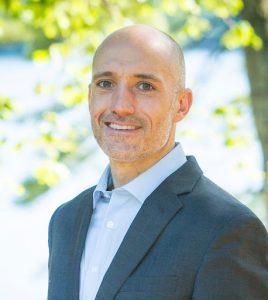
Stephen Posner, PhD, is Director of the Pathways to Planetary Health initiative at the Garrison Institute. He has published over 50 technical and non-technical articles on sustainability science, leverage points for change, and methods for assessment of social and ecological systems. Stephen applies science integrated with contemplative practices to help align human systems with nature. He builds understanding across cultures and sectors and serves as a trusted advisor. Stephen was given a copy of the I Ching in his mid 20s and has practiced Qigong and Tai Chi for only 5 years.
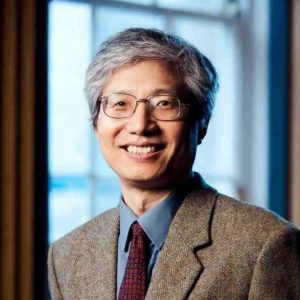
Yao Xinzhong, PhD, is Professor of Ethics, and formerly Dean of the School of Philosophy at Renmin University of China. He was also formerly Professor and Director of the King’s China Institute at King’s College London. Prior to this appointment, Professor Yao was Professor of Religion and Ethics at the University of Wales, Lampeter, and a senior research fellow at the Ian Ramsey Centre, University of Oxford. In 1998, in recognition of his work promoting Confucianism in the UK, he was made Honorary President of the Confucian Academy in Hong Kong. Yao has published books and articles on the subject of Confucianism, including comparative studies with Christianity. He is the author and editor of the 2 volume Encyclopedia of Confucianism and co-edited with Weiming Tu the 4 volume Confucian Studies—Critical Concepts in Asian Philosophy.
Cultivating Ecological Civilization: Wisdom, Practice, and Systems Change
A Global Speaker Series
Join us for our global speaker series that seeks to explore and activate the concept of Ecological Civilization – a guiding philosophy and policy framework for how a nation can balance human development, social development, and environmental stewardship.
These online dialogues with thought leaders in the field will focus on China’s model as a case study of integrating cultural, spiritual, political, economic, and ecological dimensions when technological solutions alone are proving insufficient for addressing the deeper roots of our planetary predicaments.
We will reflect on how insights from China’s aspirations, experiments, and serious efforts to address their own internal challenges might inspire grounded and integrative approaches to Ecological Civilization in Western contexts.
Hosted by Stephen Posner, PhD, Director of our Pathways to Planetary Health initiative; Mary Evelyn Tucker, Co-Director of the Yale Forum on Religion and Ecology; Peter Senge, Co-Founder of the Center for Systems Awareness and Senior Lecturer in Leadership & Sustainability at MIT; and esteemed guests Zhu Yan, Yao Xinhong, Binbin Wang, and Hazim Xie.
This series builds from an initial conversation among Mary Evelyn, Peter, and Stephen in spring 2025 focused on The Ecological Turn: Bridging Wisdom from Contemplative Traditions with Ecological Ways of Life.
We will conduct these LIVE forums on Zoom from 7:00 – 8:15 p.m. ET on
August 28
October 6
Please contact us for questions and inquiries at events@garrisoninstitute.org.
If you are experiencing issues with our check-out cart loading, please click here to complete your transaction. We apologize for the inconvenience.

